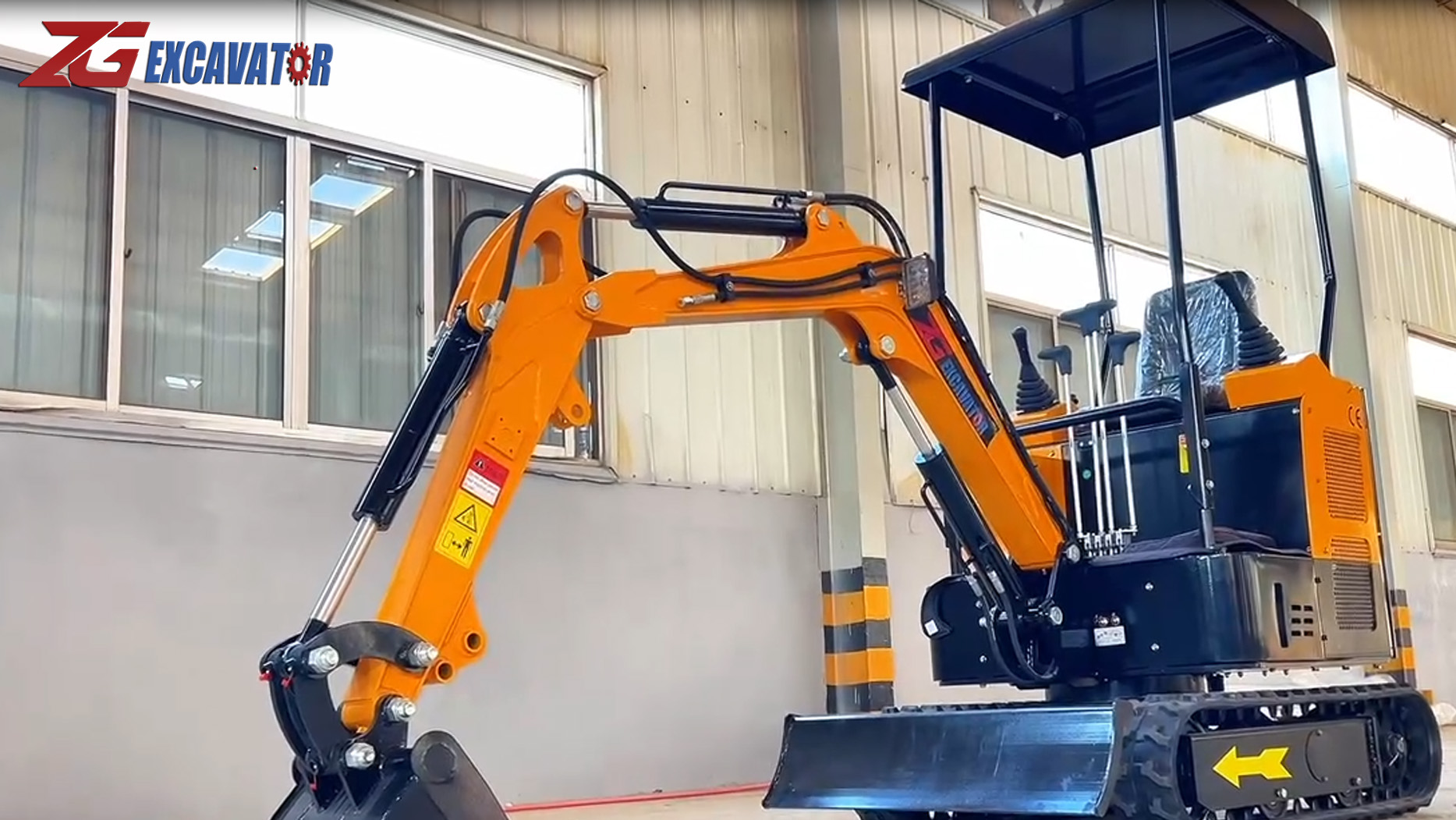Understanding the Concept of Payload
In the realm of construction and heavy machinery, the term "payload" refers to the maximum weight a machine can lift or carry. For excavators, this is the maximum weight of material the bucket can scoop up and transport. It's a critical factor to consider when selecting an excavator for a specific job, as it directly impacts the machine's efficiency and productivity.
Factors Affecting Excavator Payload
Several factors influence an excavator's payload capacity:
Bucket Size:
The larger the bucket, the greater the amount of material it can hold.
Bucket size is typically measured in cubic yards (yd³) or cubic meters (m³).
Excavator Model and Class:
Different excavator models have varying payload capacities.
Larger, heavier-duty excavators can handle larger payloads.
Excavators are often classified by their operating weight, which is a good indicator of their potential payload.
Engine Power:
A more powerful engine can lift heavier loads.
Engine horsepower directly affects the excavator's hydraulic system, which powers the digging and lifting operations.
Hydraulic System:
The hydraulic system's capacity and efficiency influence the excavator's lifting power.
A robust hydraulic system can handle heavier loads and faster cycle times.
Undercarriage:
The undercarriage, including tracks or wheels, must be strong enough to support the weight of the excavator and the material it's carrying.
A sturdy undercarriage is essential for maintaining stability during heavy lifting operations.
Working Conditions:
Factors like soil type, terrain, and weather conditions can affect the excavator's payload capacity.
Soft, muddy ground can reduce the excavator's lifting capacity.
Calculating Excavator Payload
While there's no precise formula to calculate an excavator's payload, several factors can be considered:
Bucket Capacity:
Determine the volume of material the bucket can hold.
Multiply the volume by the density of the material to get the weight.
Excavator Specifications:
Consult the manufacturer's specifications for the maximum rated operating capacity (ROC).
This figure provides a general guideline for the maximum weight the excavator can lift.
Field Testing:
In practical applications, operators can assess the excavator's payload by observing its performance under various conditions.
By monitoring factors like engine load, hydraulic pressure, and machine stability, operators can determine the optimal payload for specific tasks.
Optimizing Excavator Payload
To maximize productivity and efficiency, consider the following tips:
Match the Excavator to the Job:
Select an excavator with a payload capacity that matches the specific requirements of the project.
Overloading the machine can lead to reduced performance, increased wear and tear, and potential safety hazards.
Proper Bucket Selection:
Choose a bucket size that is appropriate for the material being excavated.
A well-matched bucket can improve efficiency and reduce cycle times.
Maintain Optimal Operating Conditions:
Ensure the excavator is well-maintained and serviced regularly.
Keep the hydraulic system clean and free of contaminants.
Use high-quality hydraulic fluids and lubricants.
Operator Skill and Experience:
A skilled operator can maximize the excavator's payload capacity by using proper techniques and avoiding unnecessary stress on the machine.
Work Environment Considerations:
Be mindful of the working environment, including ground conditions, weather, and visibility.
Adjust the payload accordingly to maintain safety and productivity.
By understanding the factors that influence excavator payload and following best practices, you can optimize the performance of your equipment and achieve maximum efficiency on your construction projects.
Post time:Dec.18.2024



